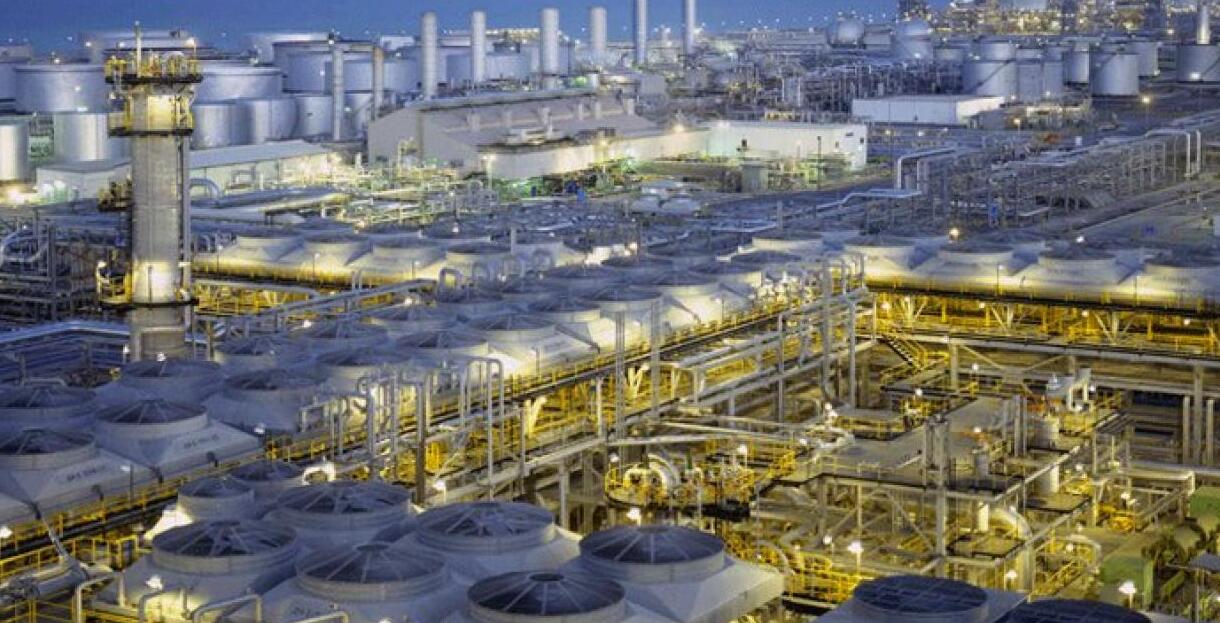The price of Kuwaiti crude oil has risen by US$1.67, reaching a value of US$84.90 per barrel.
The price of Kuwaiti crude oil has surged by US$1.67, reaching a value of US$84.90 per barrel. The rise in oil prices is driven by a number of factors, including increasing demand for oil as the global economy continues to recover from the COVID-19 pandemic, as well as ongoing supply constraints in key oil-producing countries.
The rise in oil prices is good news for Kuwait, which relies heavily on its oil exports to generate revenue for the country. Kuwait is one of the world’s largest oil-producing countries, and its economy is heavily dependent on the revenues generated from its oil exports. The rise in oil prices is expected to provide a much-needed boost to the country’s economy, which has been hit hard by the COVID-19 pandemic and the global economic downturn.
The surge in oil prices is also driven by increasing demand for oil from major economies such as the United States, China, and India. These countries are seeing rapid economic growth, which is driving up demand for oil to fuel their expanding economies. The rising demand for oil is putting pressure on oil-producing countries to increase their output to meet the growing demand. As a result, oil prices are going up. This could be good news for the UAE economy, as it is one of the world’s leading oil exporters. However, higher oil prices could also lead to inflation and other issues if not controlled properly.
In addition to increasing demand, the rise in oil prices is also being driven by ongoing supply constraints in key oil-producing countries such as Iran and Venezuela. These countries have been hit by a range of economic and political factors, which have led to a decline in their oil production. This has put pressure on other oil-producing countries such as Kuwait to increase their output to meet the growing demand for oil.
The rise in oil prices is also being driven by a range of other factors, including ongoing geopolitical tensions in the Middle East, which have the potential to disrupt oil supplies. There are also concerns about the impact of climate change on the global economy, which is leading to increased interest in renewable energy sources such as solar and wind power.
Despite these concerns, the rise in oil prices is expected to continue in the short to medium term, driven by a combination of increasing demand and ongoing supply constraints in key oil-producing countries. This is likely to provide a much-needed boost to oil-producing countries such as Kuwait, which have been hit hard by the economic downturn caused by the COVID-19 pandemic.
However, there are also concerns that the ongoing rise in oil prices could have negative impacts on the global economy. Higher oil prices can lead to higher inflation, which can reduce consumer spending and lead to slower economic growth. There are also concerns about the impact of higher oil prices on industries such as transportation and manufacturing, which rely heavily on affordable oil to remain competitive.
Despite these concerns, the rise in oil prices is expected to continue, at least in the short term. This is likely to provide a much-needed boost to oil-producing countries such as Kuwait, which rely heavily on their oil exports to generate revenue for their economies.
In conclusion, the rise in oil prices is good news for Kuwait, which relies heavily on its oil exports to generate revenue for the country. The surge in oil prices is driven by a range of factors, including increasing demand from major economies and ongoing supply constraints in key oil-producing countries. While there are concerns about the impact of higher oil prices on the global economy, the rise in oil prices is likely to continue in the short to medium term, providing a much-needed boost to oil-producing countries such as Kuwait.





